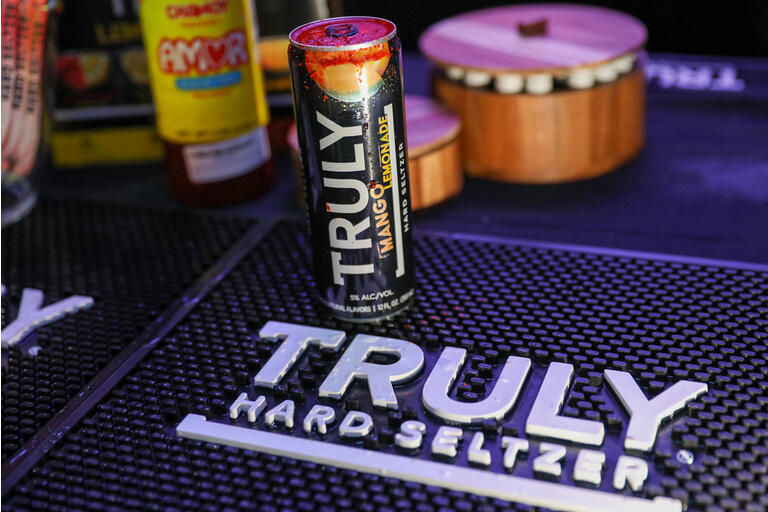
Summary
- Truly is still one of the top brands in the hard seltzers market, despite the recent slowdown.
- In my opinion, the recent slowdown in growth is a normalization from previous high growth and does not indicate a flaw in the management’s capability to execute.
- The company’s future growth plans and partnerships are aligned with prevailing tailwinds of the spirit-based RTD category.
- CEO of Boston Beer, Dave Burwick, has the relevant working experience and professional connections to make these partnerships a success.

Investment Thesis And Introduction
My previous article on The Boston Beer Company, Inc. (SAM) focuses largely on how the Q2 2021 ‘quarterly’ growth estimate was misinterpreted by comparing it with the ‘annual’ growth average from prior years since 2018. The growth estimation for the full FY21 was not clear at that time. Shortly after the Q2 2021 earnings release, the management has withdrawn its FY21 financial guidance leaving the growth estimate of the full year of 2021 uncertain. The latest Q3 2021 saw SAM’s management giving a much clearer estimation of the growth for both 2021 and 2022. Hence, in this article, I will use the latest projected annual growth figures to make a more detailed comparison with SAM’s past performance since back in 2010 (instead of 2018 as observed in my last article). CEO Dave Burwick also appears to be more forthcoming in emphasizing the growth plans for 2022 which I will also discuss more in this article.
SAM is still one of the top brands in the hard seltzers market, despite the reported further slowdown in the hard seltzers category in the 2021 Q3 earnings results. SAM’s Truly hard seltzer is only second in market share to White Claw.
SAM’s slowdown in growth is due to a “tapering” in the growth of Truly after several years of exceptionally high growth. Truly is still a successful product despite the recent slowdown. In later sections, this article will describe how Truly has contributed to SAM’s average depletion growth from 11% to 16% per year. In my opinion, the recently reported slowdown in growth does not indicate a flaw in the management’s capability to execute future growth plans.
As a result of the recent slowdown, CNBC reported that the company has to deal with oversupply by decisively discarding excess supplies of the Truly product to direct focus on other growth plans in the company’s pipeline. In my opinion, the short-term costs associated with the one-time write-downs of excess inventories are insignificant compared with the larger scheme of upcoming growth plans.









